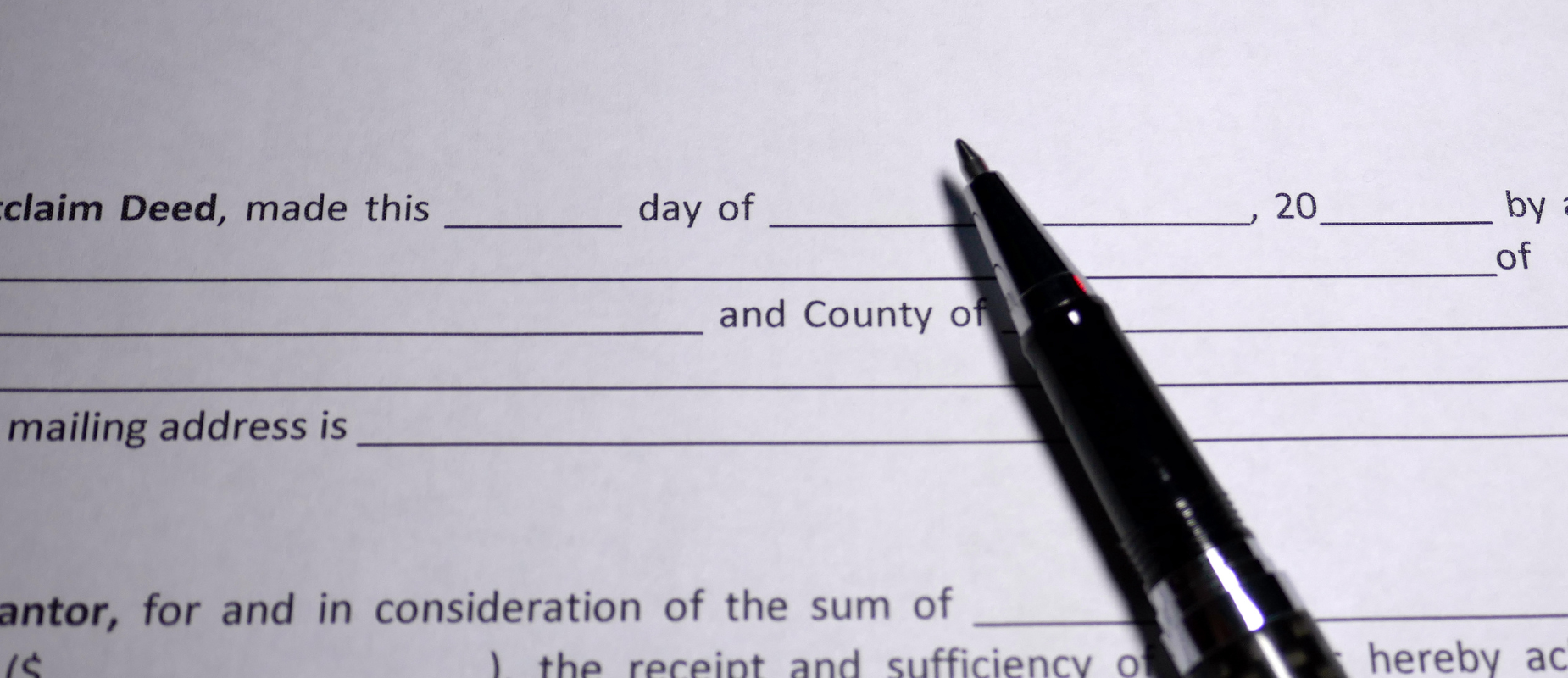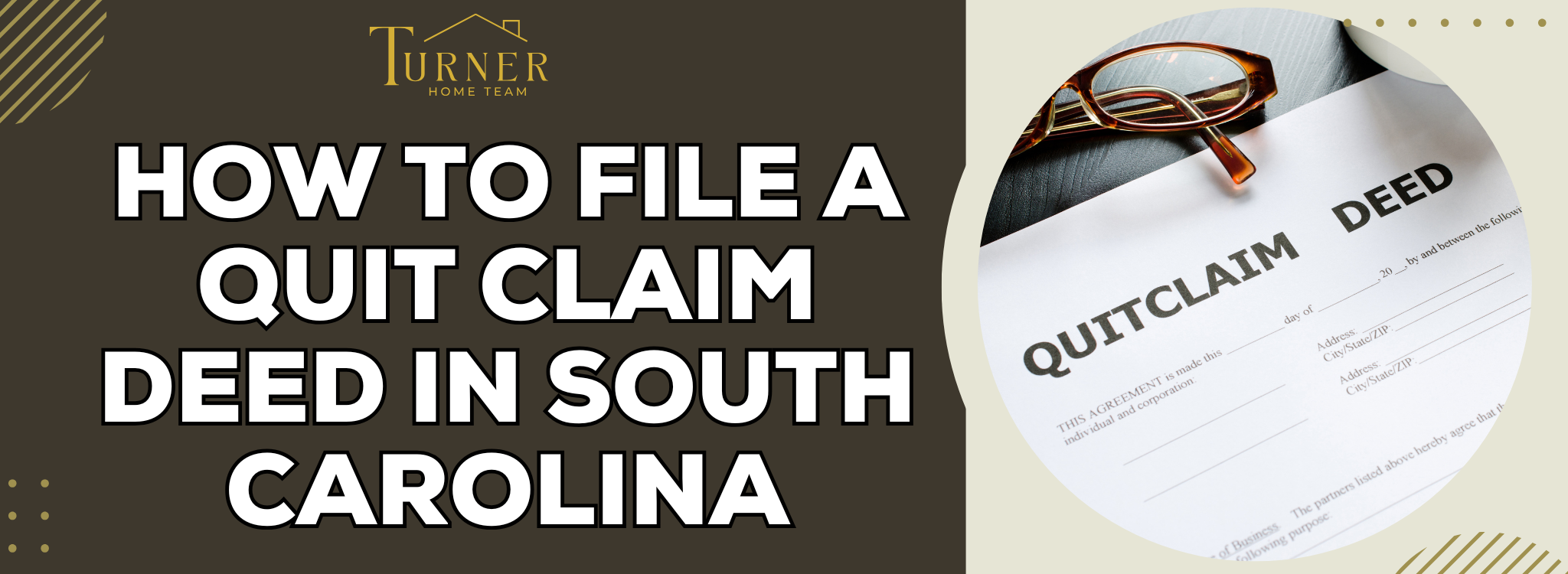
South Carolina Quitclaim Deed Overview
What Are Quitclaim Deeds In South Carolina?
In South Carolina, Quitclaim Deeds are legal documents that transfer ownership of real property to different persons or entities. Unlike warranty deeds, where a guarantee of ownership title is given, quitclaim deeds do not guarantee the validity of the title. They are mostly used between family members and/or when there are title issues. Capturing the required signatures and detailing the property in the deed and in the accompanying documents allows the successful transfer of property ownership.
What Are The Reasons To Issue A Quitclaim Deed?
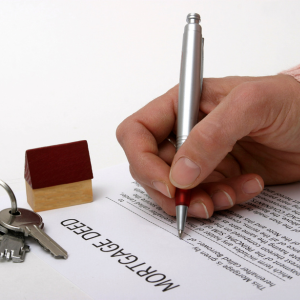
In South Carolina, quitclaim deeds are for the most part used for property ownership documentation transfers whenever the transaction is simple enough. This is particularly the case in spouse property ownership transfers, title ownership changes, and property gifting. These deeds are one of the simplest and fastest methods to rename real property ownership.
Key Elements of a Quitclaim Deed Form
For Quitclaim Deeds in South Carolina to be legally effective, they must conform to several legal requirements. These include:
- Grantor and Grantee Details: This includes name and marital information (if applicable).
- Property Description:A description must have identifiable features about the property. You may want to check a plat book or a public record in the case of a public record.
- Consideration: State what the grantee gives to the grantor at the time of the property conveyance.
- Legal Language:Appropriate terminology has to be used to express the rights in the property.
- Signatures and Notarization: All parties should sign the deed, which should be notarized.
Steps to File a Quitclaim Deed in South Carolina
How Do You Prepare a Quitclaim Deed Form?
To prepare a quitclaim deed form in South Carolina, follow these steps:

- Obtain the Form:This should be specifically for South Carolina.
- Fill Out Grantor and Grantee Information: This should have full names and addresses.
- Describe the Property: The legal description in the current deed should be used.
- Detail the Consideration: This should contain information on what is exchanged at the time of transfer.
- Sign and Notarize the Document: Both parties should sign first and only then should notarization take place.
What Are the Legal Requirements for Filing?
There are legal requirements that should be fulfilled in order to file a quitclaim deed in South Carolina:
- Proper Execution: The deed should be notarized, and the grantor must sign.
- Recording: Take the deed to the county Register of Deeds in the county where the property is located.
- Filing Fee: Pay the county-specific recording fee.
- Compliance with State Statutes: The deed must comply with South Carolina state laws.
Completing these steps ensures that the transfer of ownership is legally recognized so that everyone’s interests are protected.
Filing Process for Quitclaim Deed in South Carolina
Once you know the steps, the process to file a quitclaim deed in South Carolina is uncomplicated. The following is a guide to help you proceed with the process.
Where to File a Quitclaim Deed in South Carolina?
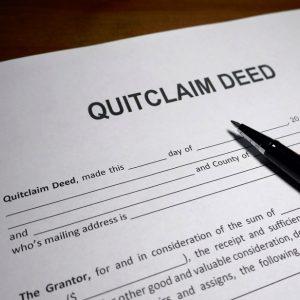
To file a quit claim deed, you need to go to the county where the property is located and then go to the deed filing office in South Carolina. The county recorder or clerk’s office is responsible for all registrations of the deed. When you are submitting your quit-claim deed, make sure your documents are complete.
What Are Filing Fees?
Understanding the expenses of property transfer is a necessary part of the process. In South Carolina, quit claim deed filing fees are charged on a county by county bases. On top of the usual recording fees, there will be additional charges for the deed transfer, SC deed forms and completion of the recording process.
How Long Does the Filing Process Take?
In South Carolina, the time it takes to record a deed can differ. Generally, though, once you hand it over to the county recorder, it takes a few weeks to process and finalize the title transfer. This depends on the county and how busy it is. You can contact the county recorder’s office to monitor the SC title transfer process. This way, you can know how to focus and what to expect.
Understanding the Legal Implications
Knowing the legal implications of a quitclaim deed in South Carolina is essential. This type of deed includes specific legal considerations and restrictions.
Understanding the Legal Implications
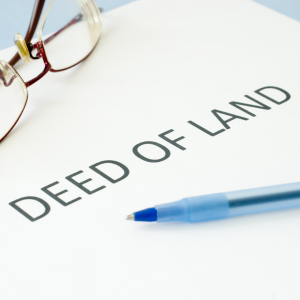
As opposed to the other deed types, quitclaim deeds transfer property ownership with no guarantees. This does create potential problems with assets and ownership. Recognizing the range of legal implications that influence a decision on the transfer is crucial. South Carolina is full of complex laws, so it’s best to see a lawyer in order to get counsel and clarify any uneasy concepts you may have, especially with property transfer.
Can a Quitclaim Deed Be Challenged in South Carolina?
In South Carolina, while a quitclaim deed might be legally challenged, specific factors need consideration. A quitclaim deed can be legally challenged due to problems concerning the title or the ownership of the property. Covering these issues can be avoided by obtaining proper help regarding the transfer of interests in the property.
Practical Tips for Filing a Quitclaim Deed
In South Carolina, there are specific steps to follow to transfer ownership of property using a quitclaim deed. The following are the best steps to follow to ensure the process goes smoothly.
What Documents Do You Need to Gather Before Filing?
Before a quitclaim deed can be filed in South Carolina, there are specific documentation requirements, which include the following:
- Quitclaim Deed SC Checklist: Ensure your quitclaim deed has all the required comprehensive details.
- SC Property Deed Transfer Process: Familiarize yourself with the necessary requirements to transfer ownership of the deed.
- Real Estate Deed SC: Make certain that the deed has been properly executed to prevent unnecessary holdups.
- Quitclaim Deed Instructions SC: Follow clear instructions to properly draft and complete the deed.
Are There Specific County Requirements in South Carolina?

In South Carolina, every county can establish its own specific regulations regarding quitclaim deeds. To gain insight regarding this, it helps to consider the points below:
- South Carolina County Recorder: Determine which county recorder’s office is appropriate to file the deed.
- SC Deed Filing Process: Learn how to file a deed in your county.
- Where to Send Quitclaim Deed SC: Confirm the address where you can send your deed.
- Specifics of SC Deed Forms: Learn the specific requirements regarding forms for your county.
How to Fix Mistakes on a Filed Quitclaim Deed
Mistakes can occur with quitclaim deeds. Here are the steps you can take to manage these mistakes:
- Quitclaim Deed Correction SC: Learn the steps to make an error correction.
- SC Property Record Update: Property record updates should be made without undue delay.
- Correcting SC Quitclaim Deed Errors: Follow the steps given to make an error correction.
- Deed Registration South Carolina: Ensure the addressed deed is registered.
Notarization and Witness Requirements
To legally bind a quitclaim deed in South Carolina, there must be a notarization and the signature of a witness.
Does a Quitclaim Deed Need to Be Notarized?
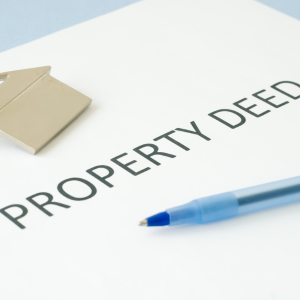
Yes. In the South Carolina case, a quitclaim deed will require notarization.
- South Carolina Notary Laws: Know the laws about notaries in South Carolina.
- SC Quitclaim Deed Notarization: Ensure a licensed notary public notarizes the deed.
- Notary Public for SC Deeds: Check the notary’s credentials to avoid legal issues.
What Is the Minimum Number of Witnesses in South Carolina?
If you want a quitclaim deed to be valid in South Carolina, you must not only notarize the deed, but also meet specific conditions with the witnesses.
- Witness Requirements SC: South Carolina states that only two are needed to witness and sign the deed.
- Two Witnesses for Quitclaim Deed SC: All signatories must notarize and witness the deed simultaneously.
- Signing Process SC Quitclaim: All parties should sign the deed before the notary and witnesses.
The necessary steps will ensure legality and propriety of the transfer. Contact the Turner Home Team for further inquiries regarding the transfer and for professional insights on the real estate market.
Comparing Quitclaim and Warranty Deeds
What Is the Difference Between Quitclaim and Warranty Deeds?
Both a quitclaim deed and a warranty deed play important roles in real estate transfers, although they serve distinct purposes. A quitclaim deed transmits the grantor’s interest in a property but does not ensure the title’s validity. It is commonly used in non-sales transactions, such as transferring property to family members.
A warranty deed ensures the grantor’s clear title and legal ability to sell the property. This gives the buyer more protection against future claims of property ownership. A warranty deed is recommended during a typical transaction to provide additional protection in property ownership.
When Should You Choose a Quitclaim Over a Warranty Deed?
The choice between a quitclaim deed and a warranty deed depends on your South Carolina property transfer circumstances. A quitclaim deed is useful for transferring property among family members or settling title issues. However, for most property sales, a warranty deed is preferable due to its legal protections.
In South Carolina, a quitclaim document is also commonly used for property conveyance during divorce proceedings. Consider how much risk you can accept while deciding between these possibilities.
Common Mistakes to Avoid When Filing
How to Avoid Common Pitfalls in Filing a Quitclaim Deed?
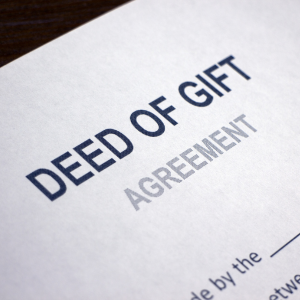
Filing a quitclaim deed needs careful attention to meet South Carolina deed requirements. Follow these tips to avoid common deed mistakes:
- Make sure all parties involved sign the deed.
- Fill out the deed form with accurate legal descriptions.
- Have the deed notarized to prevent invalidation.
- Submit the deed promptly to the county office.
These steps help simplify the filing process and ensure it meets local regulations.
What Happens if a Deed Is Not Properly Recorded?
Improper recording of a deed might lead to legal issues in South Carolina. An unrecorded quitclaim deed might make it difficult to prove ownership. It can also generate problems for future property transactions because official documents will not reflect the change in ownership. Keeping property records current is critical for protecting property rights and ensuring legal recognition.
Turner Home Team may provide additional information on property deeds and other real estate problems. We are committed to helping you successfully manage these complex processes.
Post-Filing Considerations
What Happens After Filing a Quitclaim Deed?
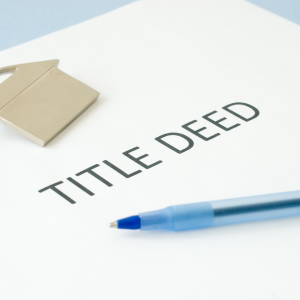
After you submit your quitclaim deed in South Carolina, you’ll need to make sure the SC property record is updated. This means registering the deed in South Carolina’s records and completing the property transfer form. The local county office usually handles this and will confirm when the filing is done.
How to Verify That Your Quitclaim Deed Is Recorded?
Contact the South Carolina County Recorder’s office to check if your deed recording in South Carolina is complete. They keep updated records of your title transfer. Ensure your quitclaim deed document is recorded by confirming that the property record update is processed. You can check these records online or visit the county office in person.
Additional Resources for Property Transfers
Knowing the South Carolina quitclaim deed law is important for smooth property transfers. Learn about South Carolina property laws and refer to SC-specific quitclaim deed instructions. Look into resources related to real estate deeds in South Carolina for more help.
Where Can You Find More Information on South Carolina Property Laws?
Check out SC real estate law resources for more information on South Carolina real estate and property ownership transfer. Hiring a lawyer for a quitclaim deed in SC can give you personalized help tailored to your situation. Legal experts can explain how property laws affect you.
Are There Online Tools to Help Prepare a Quitclaim Deed?
Online tools are available to help prepare a quitclaim deed in South Carolina. To make preparation easier, look for a quitclaim deed form specific to South Carolina. Use online sites to get SC deed forms and follow a quitclaim deed checklist to finish all steps efficiently.
If you want to sell a house in South Carolina, this guide has valuable insights to help you navigate the process smoothly. Whether in Florence, Myrtle Beach, Conway, Socastee, or any nearby area, the tips and strategies shared here are designed to make your experience easier. At Turner Home Team, we specialize in helping homeowners sell quickly and hassle-free. If you need personalized assistance or have specific questions, don’t hesitate to Contact Us at (252) 525-4780. We’re here to help every step of the way!
Get Your Offer Now!
START HERE: We buy properties in ANY CONDITION.

